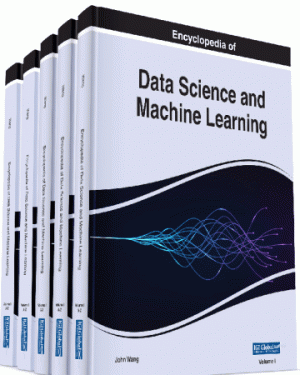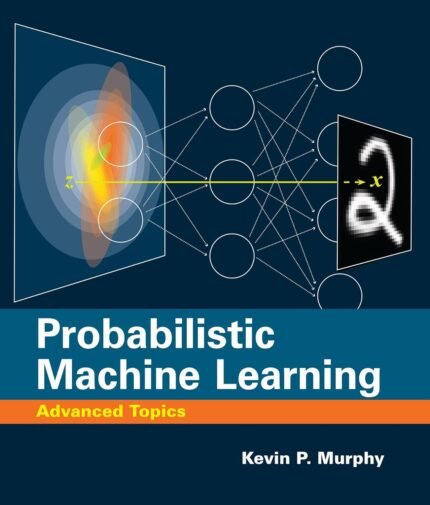The development of artificial intelligence (AI) involves the creation of computer systems that can do activities that would ordinarily require human intelligence, such as visual perception, speech recognition, decision making, and language translation. Through increasingly complex programming approaches, it has been transforming and advancing the discipline of computer science. The Handbook of Research on AI Methods and Applications in Computer Engineering illuminates how today’s computer engineers and scientists can use AI in real-world applications. It focuses on a few current and emergent AI applications, allowing a more in-depth discussion of each topic. Covering topics such as biomedical research applications, navigation systems, and search engines, this premier reference source is an excellent resource for computer scientists, computer engineers, IT managers, students and educators of higher education, librarians, researchers, and academicians.
Unlocking the Power of Artificial Intelligence in Computer Engineering
Artificial Intelligence (AI) is transforming the future of technology by enabling machines to perform human-like tasks such as visual perception, speech recognition, decision-making, and language translation. With the rise of advanced AI algorithms and machine learning models, AI is revolutionizing industries and reshaping the field of computer engineering.
The Handbook of Research on AI Methods and Applications in Computer Engineering serves as a comprehensive guide for harnessing AI in real-world applications. This essential resource explores cutting-edge AI solutions in biomedical research, navigation systems, and search engines — providing valuable insights for computer scientists, IT managers, researchers, educators, and students.
Whether you’re looking to optimize systems or explore innovative AI applications, this handbook empowers professionals to stay ahead in the ever-evolving world of artificial intelligence.








Reviews
There are no reviews yet.